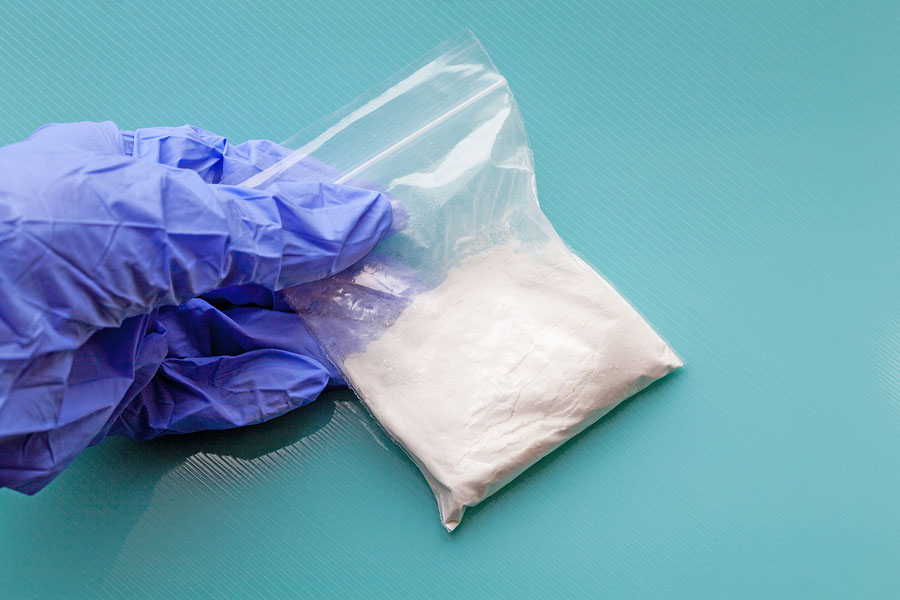The Centers for Disease Control (CDC) has released recommendations to prevent occupational exposure to fentanyl for emergency responders. The CDC stated that first responders are most likely to encounter the illicitly manufactured fentanyl and its analogues in powder, tablet, and liquid form. The most likely form of exposure identified as the greatest concern include inhalation, mucous membrane contact, ingestions and percutaneous exposure (e.g. needlestick).
The CDC identified the most likely situations in which fentanyl exposure would occur for emergency medical personnel, law enforcement officers, fire fighters and for workers who conduct special operations and decontamination of a scene where large amounts of fentanyl are suspected. The CDC recommended that “all responders should analyze the incident, assess the risk of hazards and determine whether fentanyl or other drugs are suspected to be present. Responders should follow established work practices as well as these recommendations when fentanyl or its analogues are known or suspected to be present.” The CDC further recommends that first responders:
- Do not eat, drink, smoke or use the bathroom while working in an area where there is potential exposure to fentanyl.
- Do not touch the eyes, mouth, and nose after touching any surface that is potentially contaminated with fentanyl.
- Do not conduct field testing due to an increased risk of exposure to first responders. If detection and identification of fentanyl is critical to the incident, the CDC recommends that a specific plan be developed to do the necessary field testing by personnel specifically trained to do field testing.
- Avoid any tasks or operations that may cause aerosolization of fentanyl and increased risk of exposure. Activities that would cause fentanyl to aerosolize would require higher levels of personal protective equipment (PPE) to be used by trained personnel.
- Wash hands with soap and water immediately after any possible exposure to fentanyl and after leaving a scene where fentanyl is present or suspected to be present to avoid further exposure to other individuals. Do not use hand sanitizer or bleach products to clean contaminated skin.
- Receive special training in conducting on-scene risk assessment related to fentanyl and demonstrate an understanding of when to use PPE, what the potential exposure routes are for fentanyl and its analogues, how to recognize the signs and symptoms of opioid exposure, and when and how to seek medical help.
MedTrust provides emergent and non-emergent ambulance services in Charleston, Myrtle Beach, Georgetown, South Carolina and Jacksonville, Florida. We have trained EMT personnel and a fleet of fully-equipped ambulances. We aim to provide passionate and timely patient care.

